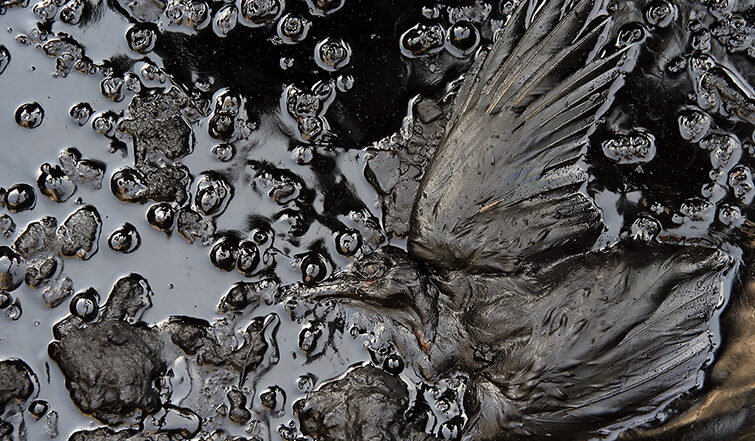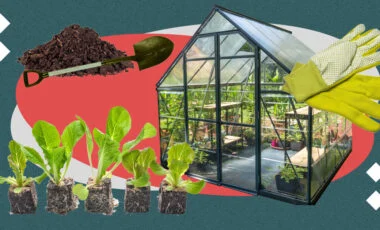Kakhovka dam explosion destroyed 32 oil depots in Kherson region – Greenpeace

Фото: jazavac/Depositphotos
The Kakhovka dam destruction, caused by Russians, flooded not only populated areas but also fuel stations, warehouses, and an oil refinery, according to Greenpeace.
The satellite data included in the analysis determined that oil refineries, gas stations, thermal power plants, and various warehouses were flooded, making 32 objects count.
According to preliminary information, about 150 tons of engine oil leaked into the water in the first days of the catastrophe.
As experts emphasize, even a small amount of chemicals is enough to pollute the soil and water bodies.
Access to clean water will be difficult for many people for years.
Chemicals are also likely to pollute the main Dnipro River, the Black Sea, and the coastal areas. Most living organisms are also likely to die.
As the water is receding, large-scale pollution by products of the oil refining industry and industrial and household chemicals should be expected. Heavy metal pollution should also be investigated.
Soils and water bodies can be unsuitable for food production or as sources of drinking water for many years if they are not monitored and, if necessary, not properly restored, comments German chemist Manfred Santen.
The consequences for ecology were witnessed almost immediately. A few days after the tragedy, garbage and household appliances were swayed to the Black Sea coast.
Engine oil is still leaking from the Kakhovka HPP, as an oil slick is moving into the Black Sea.
The Chief of Ukraine's internal ministry noted that additional equipment, reagents, and specialists are needed to eliminate the leak. He added that nearly 167,000 people remain without any water in the neighboring Dnipropetrovsk region.
Consequences of the Kakhovka HPP
On the night of June 6, Russian invaders blew up the Kakhovka hydroelectric power station.
Ukrhydroenergo stated that the Kakhovka plant was completely destroyed and cannot be restored.
Later it reported to have banned swimming in water bodies, catch and consume fish in the Kherson region.
Around 160,000 birds and more than 20,000 wild animals were at risk of death due to the Russian detonation.
According to the data of the Minister of Agrarian Policy Mykola Solskyi, farmers will not be able to fully use 1-1.5 million hectares of agricultural land due to the explosion of the dam.






















































